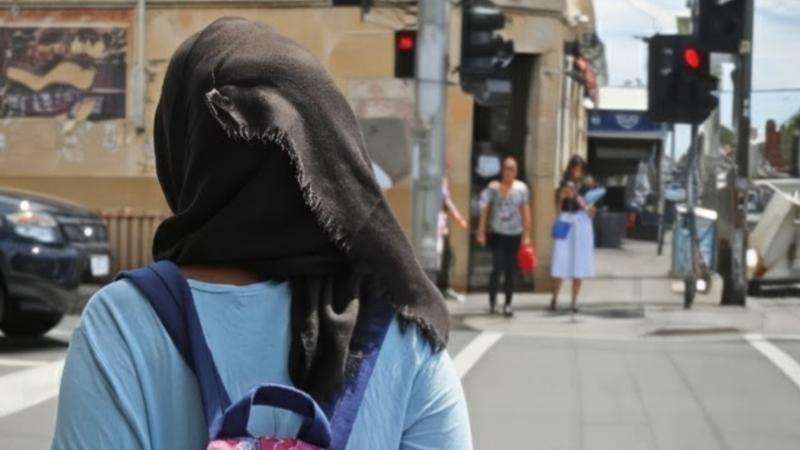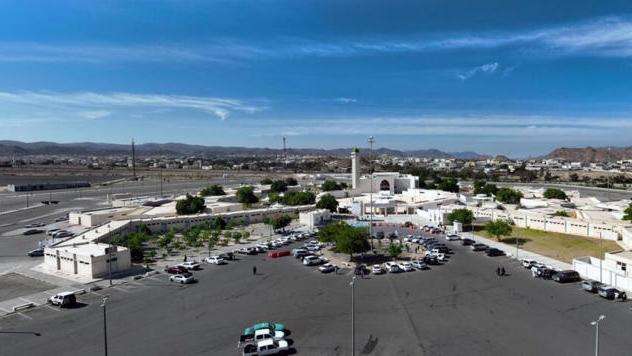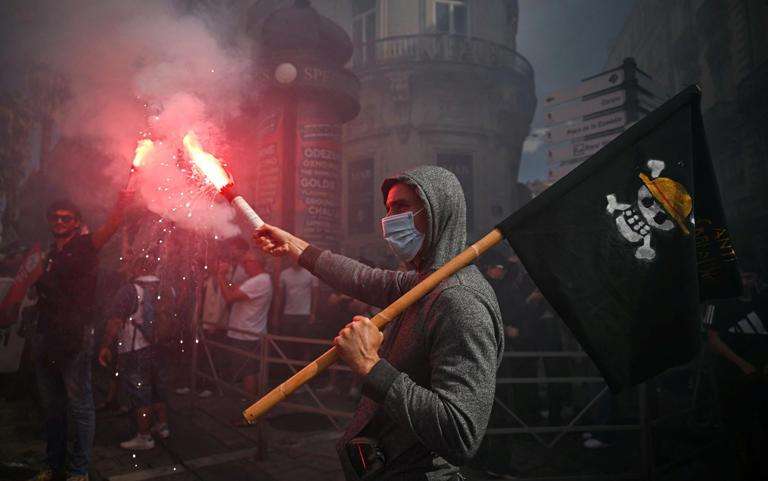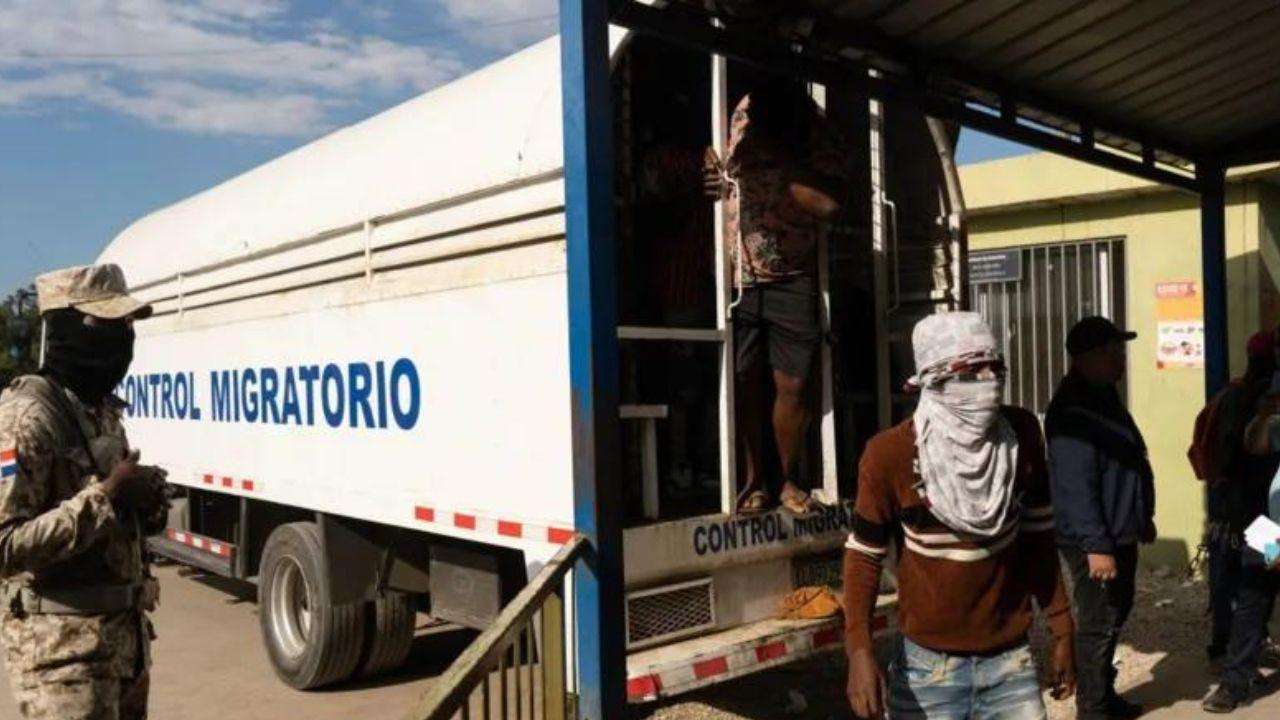In an effort to curb uncontrolled migration, the Dominican Republic says it intends to deport up to 10,000 illegal immigrants per week.
Homero Figueroa, the spokesperson for President Luis Abinader, unveiled the proposal and placed the responsibility on the international community's tardiness in reacting to months of gang violence in neighboring Haiti and its inability to bring about calm.
Tens of thousands of Haitians have crossed into the Dominican Republic in search of safety.
Critics say the government of President Abinader has treated Haitian migrants inhumanely, many of whom are fleeing the extreme gang violence and poverty in the capital Port-au-Prince.
Mr Figueroa said deportations would begin immediately and follow strict protocols that guaranteed respect for human rights.
The comments by the Dominican government’s spokesman suggest the rate of deportations of undocumented Haitians is about to ramp up significantly.
Since gang violence in Haiti has worsened in recent months, the Dominican authorities have steadily been returning Haitians over their shared land border including several truckloads of people per day at the border crossing at Dajabon.
Now, said Mr Figueroa, that figure could reach as many as 10,000 people a week.
He spoke of what he called an “excess” of Haitian migrants in the Dominican Republic and said the border authorities would also increase their surveillance and control.
The Dominican president recently warned the United Nations’ General Assembly that his government was prepared to take what he called “drastic measures” in the face of the humanitarian crisis across the border.
In part, these latest comments about mass deportations underline Santo Domingo’s frustration at the international community’s failure to establish greater stability in Haiti.
A Kenyan-led international security force of around 400 officers has been deployed to the Caribbean nation.
However, gangs still control most of the capital and the humanitarian emergency in terms of hunger, access to clean drinking water and medical attention remains critical.
According to the UN's International Organization for Migration (IOM), last year the Dominican Republic forcibly returned more than 200,000 people to Haiti.




_7.jpg)



.svg)

